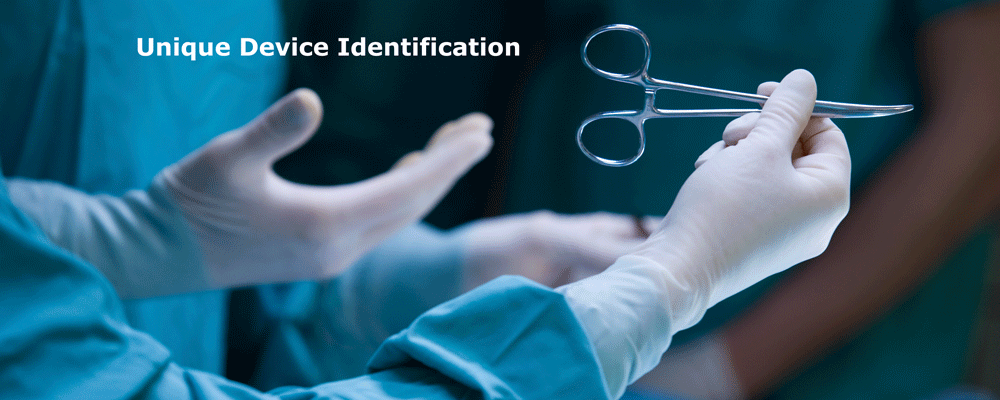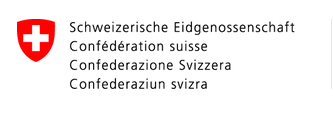
The Requirements of an Effective QM-System for MedTech Companies
The worldwide introduction of the UDI system poses a challenge for manufacturers to comply with the regulations of the Unique Device Identification (UDI). These obligations are multifaceted, and the path to compliance is extremely complex for Med-Tech companies, hence they need to implement numerous initiatives. Besides investing in R&D and Regulatory Affairs Departments, another crucial area is Quality Management.
What is a QMS?
An effective Quality Management System for medical devices usually encompasses both risk management, i.e., the identification and evaluation of risks associated with the manufacture and use of medical products (production, supply chain, quality control, etc.). This can be achieved through conducting internal audits, inspections, and tests to ensure that specified quality standards are met, as well as providing protocols and reports that document all steps taken by a company.
A well-established Quality Management System helps improve product quality, increase customer satisfaction, meet regulatory requirements, and minimize the risk of product defects or deficiencies. It is also an important component for compliance with ISO 13485 and other relevant regulations for medical devices.
What is ISO 13485?
The ISO 13485 is an ISO standard that defines the requirements for a comprehensive Quality Management System for the design and manufacture of medical devices. The current edition was published in 2016. The 2016 version delves into the safety of medical IT products for the first time and mandates security measures for storing patient-related data. ISO 13485 specifically targets medical devices, falls within the regulated domain, and serves to demonstrate compliance with the current European Medical Devices Regulation (MDR) or In-vitro Diagnostic Devices Regulation (IVDR).
The ISO 13485 standard requires organizations to establish and maintain a systematic identification of their business activities and process results throughout the entire material flow. Identification must be done according to specifications: specifications for medical products as well as safety and regulatory requirements. The goal of identification is to ensure, products are identified at all levels and stages of the realization process regarding their production, modification, and quality status. Identification should also exclude the risk of mixing products, parts, or materials of different origins or statuses.
ISO 13485 is thus an international standard in the field of medical technology, for which there is a corresponding certification that is particularly important for companies manufacturing or distributing medical devices, as it helps them ensure the quality of their products and strengthen the trust of their customers.
Certification is carried out by notified bodies or accredited certification bodies, for example, in Germany by DQS or TÜV, in Switzerland by SQS, and in Austria by TÜV AUSTRIA.
Europe IT Consulting GmbH’s Solution
Our Global Unique Device Identification (UDI) solution provides effective help to manage all the challenges of the new UDI Regulations. With our offering, we can help you successfully overcome these challenges while optimizing your business processes.
Utilizing our experience and expertise from numerous SAP development projects, we can find and implement an individual and optimal solution for your company.
Our solution supports you in maintaining your UDI-relevant products in SAP and transferring them to medical device databases.
For more information about UDI :
Are you interested?








Related Posts